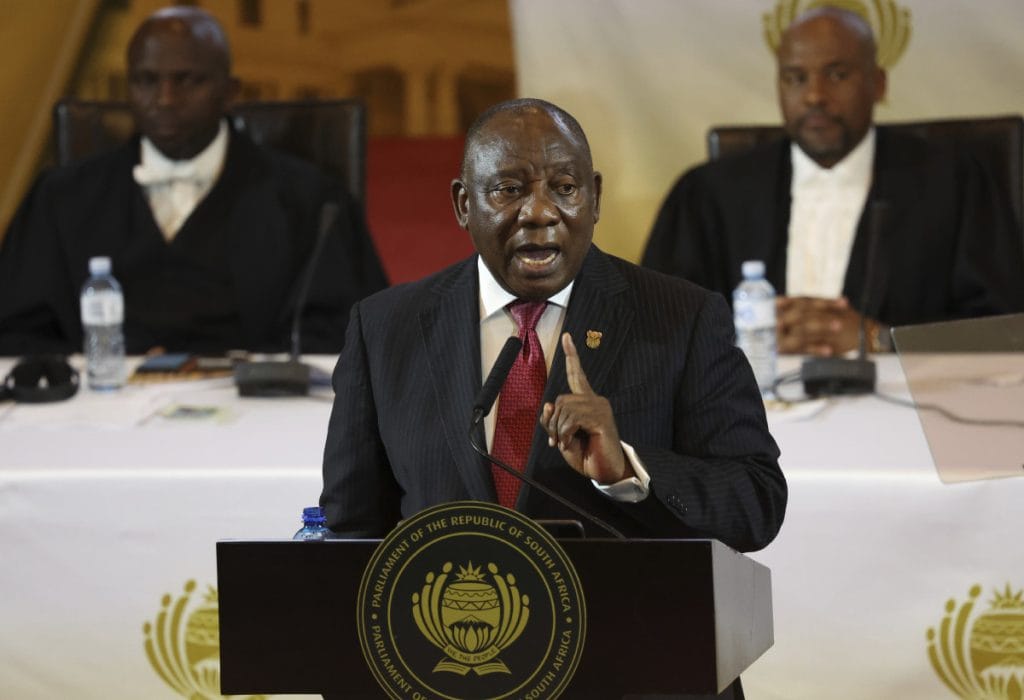South African President Cyril Ramaphosa has reaffirmed his decision to retain Mcebisi Jonas as the country’s new special envoy to the United States, despite revelations that Jonas previously made disparaging remarks about former US President Donald Trump.
Jonas, a former deputy finance minister, was appointed to the diplomatic post earlier this week, succeeding Ebrahim Rasool. Rasool’s removal followed a diplomatic fallout triggered by comments he had made about the Trump administration. The reshuffle comes at a time when Pretoria is seeking to restore balance in its relations with Washington.
The controversy surrounding Jonas stems from remarks he reportedly made after the 2020 US election, in which he labelled Trump a racist, homophobic, and narcissistic right-wing figure. The presidency confirmed the comments but emphasized they were made in Jonas’s personal capacity and should not be interpreted as the official stance of the South African government.
Presidential spokesperson Vincent Magwenya told the South African Broadcasting Corporation that while the language was strong, it fell within the bounds of political discourse and should not influence diplomatic relations.
“In politics, sharp opinions are often expressed, particularly during election periods,” Magwenya said. “That doesn’t mean those views translate into official diplomatic positions. The same can be said for statements made by former President Trump about Africa, which African leaders have not allowed to shape their dealings with the US.”
Magwenya stressed that the current priority for South Africa is to focus on strengthening bilateral relations with Washington and moving forward constructively.
Jonas’s appointment is seen as part of a broader effort by Ramaphosa’s administration to reframe its diplomatic approach, particularly with key international partners. With a background in economic reform and fiscal governance, Jonas is expected to bring strategic value to Pretoria’s engagement with Washington.
Despite the initial backlash, officials maintain that diplomacy should not be derailed by past rhetoric, especially when both sides are signaling a desire for renewed cooperation.


